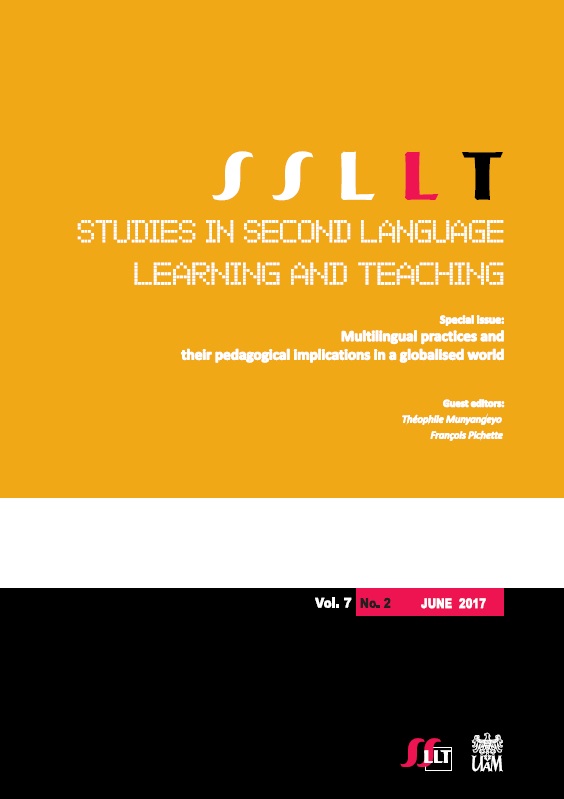Application of LSP texts in translator training
Application of LSP texts in translator training
Author(s): Larisa Ilynska, Tatjana Smirnova, Marina PlatonovaSubject(s): Foreign languages learning
Published by: Wojskowe Biuro Historyczne im. gen. broni Kazimierza Sosnkowskiego
Keywords: translator training; language for specific purposes (LSP); allusion; Bloom’s revised taxonomy
Summary/Abstract: The paper presents discussion of the results of extensive empirical research into efficient methods of educating and training translators of LSP (language for specialpurposes) texts. The methodology is based on using popular LSP texts in the respective fields as one of the main media for translator training. The aim of thepaper is to investigate the efficiency of this methodology in developing thematic,linguistic and cultural competences of the students, following Bloom’srevised taxonomy and European Master in Translation Network (EMT) translator training competences. The methodology has been tested on the students of aprofessional Master study programme called Technical Translation implemented by the Institute of Applied Linguistics, Riga Technical University, Latvia. The group of students included representatives of different nationalities, translatingfrom English into Latvian, Russian and French. Analysis of popular LSP texts provides an opportunity to structure student background knowledge andexpand it to account for linguistic innovation. Application of popular LSP texts instead of purely technical or scientific texts characterised by neutral style andrigid genre conventions provides an opportunity for student translators to developadvanced text processing and decoding skills, to develop awareness of expressive resources of the source and target languages and to develop understandingof socio-pragmatic language use.
Journal: Studies in Second Language Learning and Teaching
- Issue Year: VII/2017
- Issue No: 2
- Page Range: 275-293
- Page Count: 19
- Language: English

